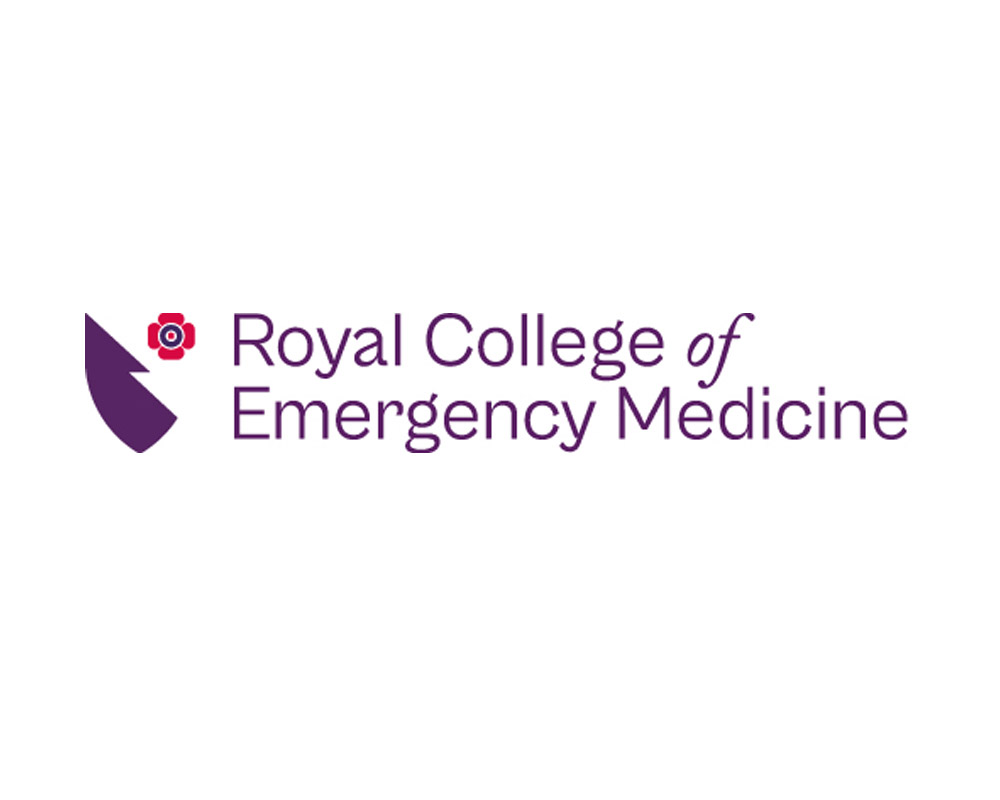
‘It’s deeply concerning that this is the state of emergency care in our country’: RCEM responds to HSSIB report on corridor care
08/01/26 – The Health Services Safety Investigation Body (HSSIB) investigation report on patient care in temporary care environments has been published today.





